PhD
Tom Booth
Supervisor: Professor Mickey Adolphson
Title: Understanding the Causes and Motivations of the Tokusei Protests 1428-1467
The tokusei protests (lit. virtuous governance) were a series of rural protests that occurred throughout the Kinai region of Japan between 1428 and 1467. Rural communities marched on Kyoto and Nara demanding a clearance of personal debts and a reduction in annual tax; when refused, they destroyed the property of temples and moneylenders. Military intervention by the shogunate against the protesters ignited a series of uprisings throughout the region. The origins of these protests have exclusively been understood in structural terms: socio-economic deprivation, political opportunity and the mobilising force of the packhorse drivers have been highlighted as the principle causes of the protests. This methodology has downplayed considerations of agency: what motivated, rather than stimulated, the rural population to rise up? Using insights from social psychology, this project aims to shed light on the identity of the tokusei protester and question how they articulated and interacted with the context of fifteenth century rural Japan.
Rashaad Eshack
Supervisor: Professor Barak Kushner
Rashaad’s research examines the ways that education impacts Japanese diasporic identity construction in Japanese-American, Nikkei, communities. He aims to develop a transnational, historical dissection of the international, national, and community forces that influence the formation of education systems available to Japanese-American children, and the ways in which those schools impact migrant identity. To that end, and in order to transcend a bilateral US-Japan focus in Japanese diaspora studies, he incorporates sources from the US, Japan, and Latin America.
Freddie Feilden
Supervisor: Dr Laura Moretti
Freddie is looking at strategies of adaptation in 19th-century Japanese popular literature, with a particular focus on picturebook genres such as yomihon and gōkan. Through analysing the transformations in content and format, he aims to clarify the connections between narrativity, temporality, text and image on the page - ultimately as a means of considering what these creative rewritings may tell us about the relationship between commercial publication and the evolution of readership from late Edo through into the Meiji period.
Andrew Fischer
Supervisor: Prof Mickey Adolphson
Title: Trusted Turncoats: Loyalty and Lordship in Sixteenth-Century Japan
Andrew’s research project is concerned with loyalty and lordship in sixteenth-century Japan. His primary subjects are the Hosokawa, who served under the Ashikaga shoguns as well as all three of the so-called “unifiers,” Oda Nobunaga, Toyotomi Hideyoshi, and Tokugawa Ieyasu.
Andrew is a Harding Distinguished Postgraduate Scholar and completed his undergraduate studies in Japanese Language and Culture at Washington University in St. Louis. He also studied at the Inter-University Center for Japanese Language Studies in Yokohama as a Nippon Foundation Fellow.
Chae Kyoun HA (CK)
Supervisor: Dr John Nilsson-Wright
CK’s research investigates the postwar development of diplomatic relations between Japan, Korea and countries in Southeast Asia with a focus on the differences between ASEAN-Japan relations and Korea-Japan relations, particularly concerning their attitudes toward wartime history.
On I Lam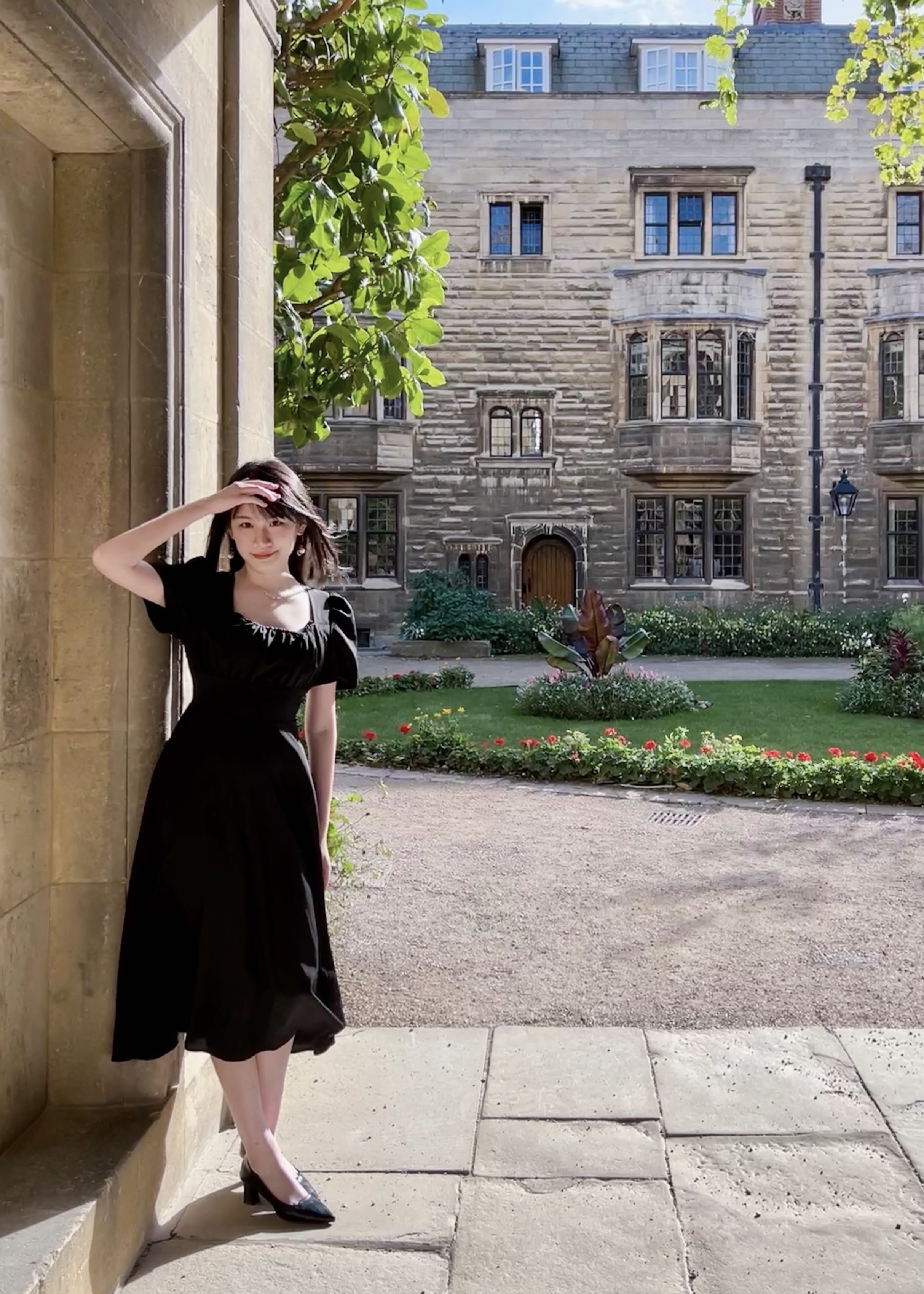
Supervisor: Prof Barak Kushner
Title: Sewing the Red Flag: The Inter-Party Relationship between the Chinese Communist Party and the Japanese Communist Party (1950-1958)
On I's doctoral project researches the inter-party relationship between the Chinese Communist Party (CCP) and the Japanese Communist Party (JCP) in the 1950s by investigating the 1950 issue within the framework of the history of Sino-Japan relations, the international communist movement and the Cold War. The study aims to explore details of the CCP-JCP interactions and consider if there existed a pattern of interactions. Furthermore, it reveals the roles of the United States and the Soviet Union in consolidating and splitting the two parties and explores the heritages the Cold War left to East Asia and the world.
Helen Magowan
Supervisor: Dr Laura Moretti
Title: Nyohitsu - the construction of femininities through writing
Helen is investigating women’s writing in premodern Japan. Japanese writing, its calligraphic scripts, letterforms, vocabulary and expression, had gendered aspects which affected - and continue to affect - the manner and form in which people express themselves. My research focusses on manuals published in the 17th century teaching women how to write in a ‘feminine’ mode, asking what they tell us about femininities in the early-modern period.
Reyhan Silingar
Supervisor: Professor Barak Kushner
Reyhan’s research explores the transwar and transnational framing of Japan’s “imperial house diplomacy” through a political and diplomatic history of Emperor Hirohito's, as well as other imperial family members', diplomatic missions across the world. Drawing on newly opened archives, memoirs, and primary source materials in Japan, Britain, the U.S., the Netherlands, Belgium, France, and Turkey, she aims to contribute to rethinking the historical evolution of the symbolic monarchy, the postwar persistence of monarchical diplomacy, and the place of the ex-imperial nobility in the new, postwar Japanese state.
Chui-Jun Tham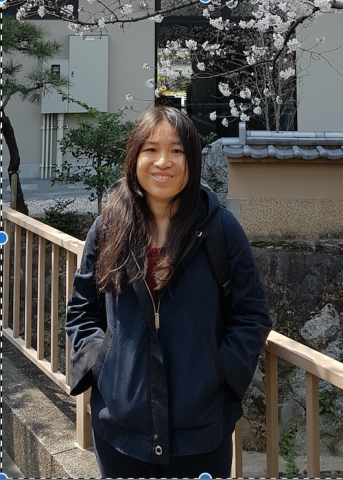
Supervisor: Professor Mickey Adolphson
Title: Ruling the Dead: Spirit Pacification and Regime Legitimation in Japan and China c.1350-1650
Spirit pacification was a practice that reinforced the ruler’s role as protector of the polity from all threats, including the supernatural, and in Japan, also served to put blame for societal ills on the ruler’s enemies. Due to questions of terminology within and between the fields of scholarship on spirit pacification in China and Japan, the persistent and important link between spirit pacification practice and regime legitimation in the years c.1350-1650 has been overlooked. By setting aside terminology and redefining spirit pacification according to the core features of the practice, the proposed dissertation seeks to write a history of spirit pacification as a mentality and an ideology. In doing so, it has two aims: to investigate how spirit pacification played into regime legitimation, and how its role changed, but did not disappear entirely across the late medieval and early modern periods; and to explore the existence of a common, regional imaginary regarding the dead in East Asia.
Jie Yang
Supervisor: Dr John Nilsson-Wright
Jie’s research explores whether morality plays a role in state interaction with one another in the East Asian region; and if it does, what are the specific moral principles and whether they are different with moral principles discussed in conventional (Western) International Relation Theory.
Jonathan Yeung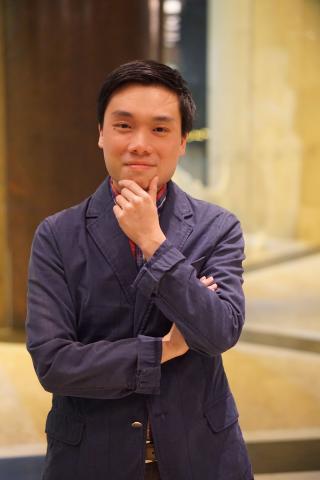
Supervisor: Professor Barak Kushner
Jonathan intends to investigate how nationalistic identities developed amongst a Chinese student community in Tokyo of the early 20th century. By examining student publications as well as official documents and records, Jonathan hopes to place the students’ explorations of identity in a global context, and elucidate the impact of the students’ experience of Japan on wider events happening in China.
Mariah Zhong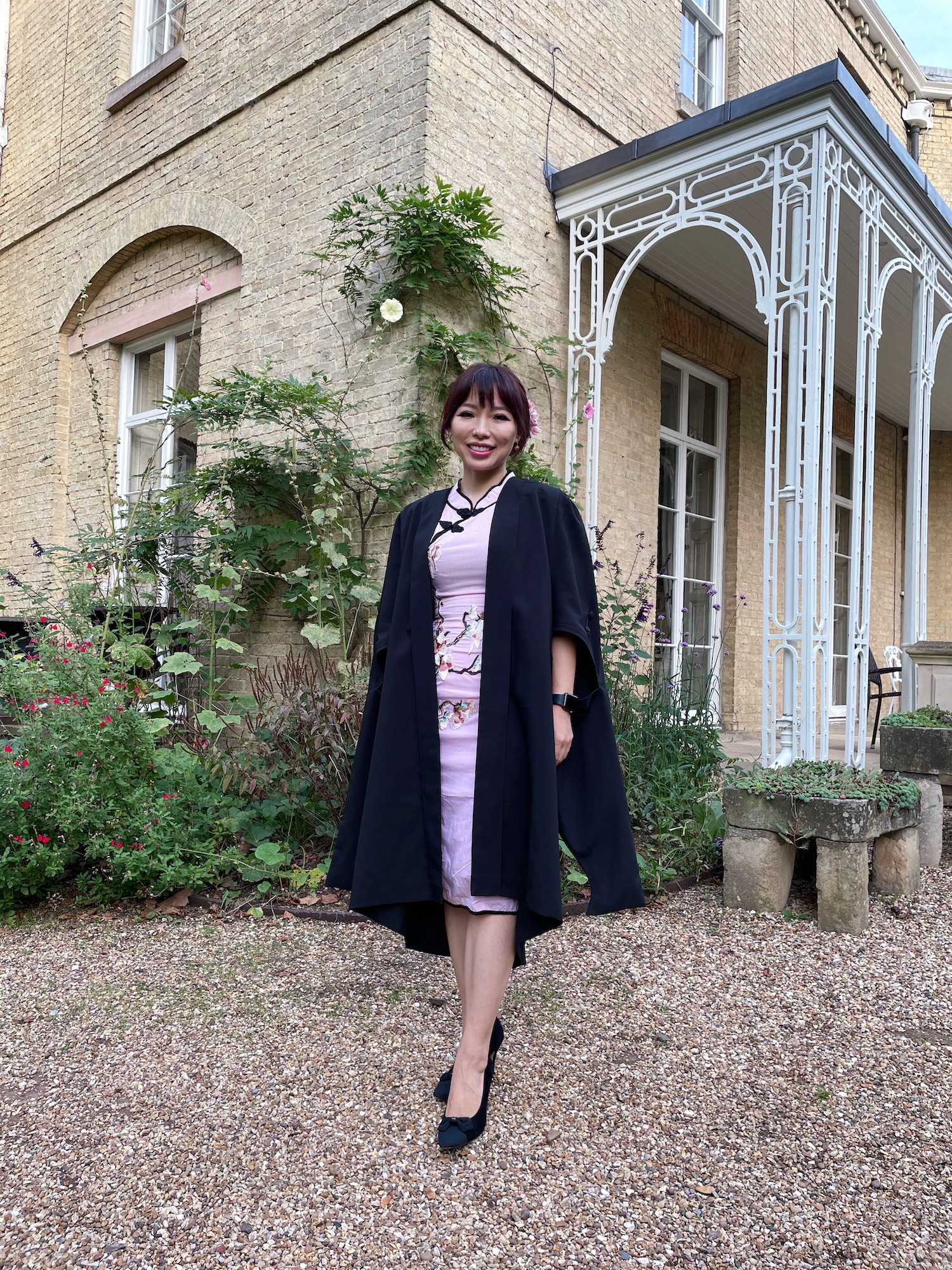
Supervisor: Prof Barak Kushner
Title: Cooperators and Competitors: China’s Strong Nation and Japan’s Imperial Legacy 1970-1995
MPhil
Manaka Abe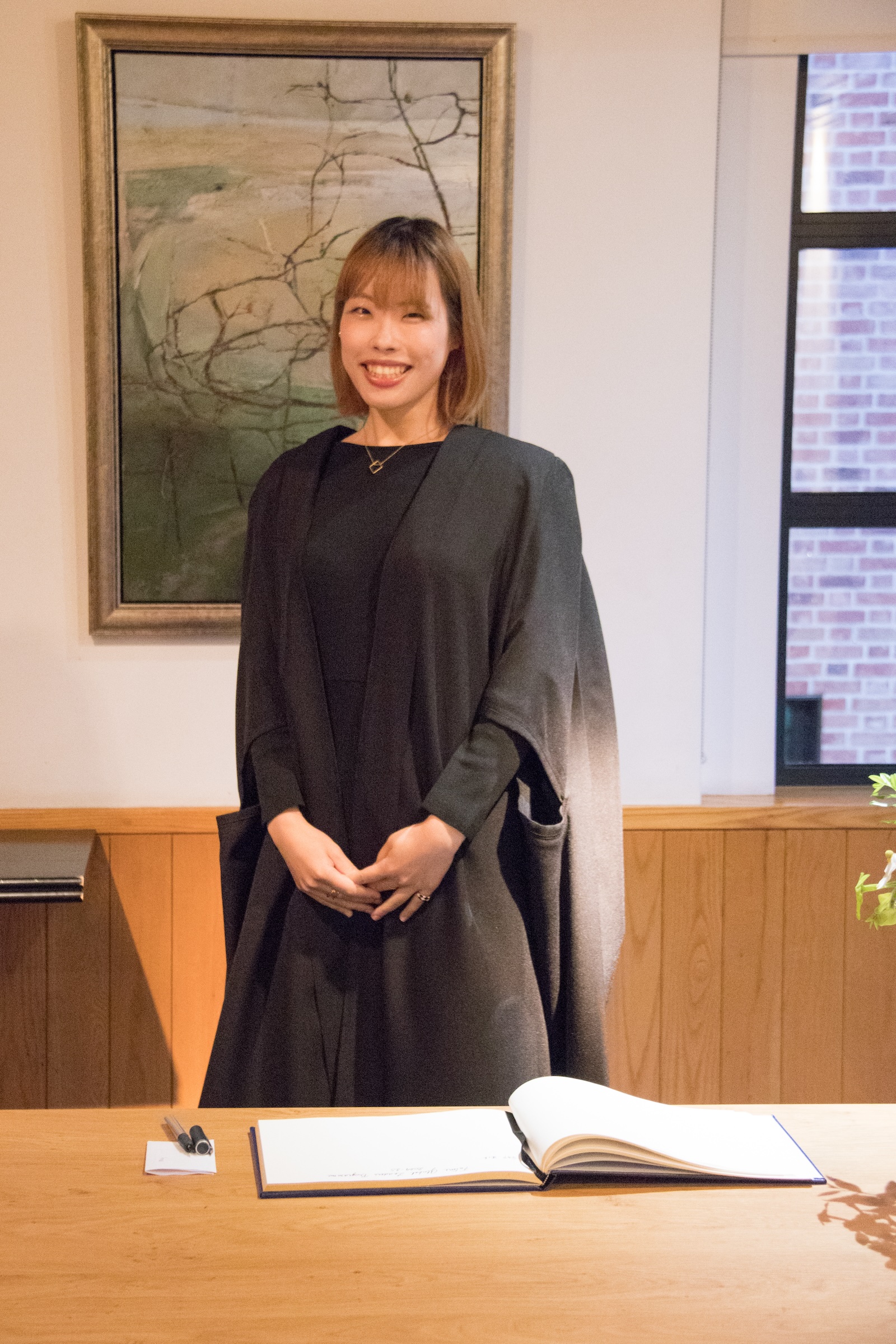
Supervisor: Dr John Nilsson-Wright
Title: Memory of World War II and its impact on Japan’s foreign policy, from the perspective of ontological security
My interest lies in how the memory of World War II influence contemporary Japan’s foreign policy, applying concepts such as securitisation, ontological security and collective memory. By doing so, I intend contextualise Japan’s so-called ‘History Problem [歴史(認識)問題]’ in the broader transnational memory studies, which has seen a rise across the globe (known as memory boom).
Chris Goring 
Supervisor: Dr Vicky Young
Title: ‘To Wash Blood with Blood’: Tracing Alternate Models of Comparative Practice in Natsume Sōseki’s Bungaku-ron.
It will examine how cross-border literary comparison acts as a key conceptual through line of Natsume Sōseki’s Bungaku-ron (1907), exploring how Sōseki anticipates and contributes to ongoing debates in world literary studies. Building on this, I will contend that his theoretical model provides us with conceptual tools which enable comparative literary criticism.
Mieno Kato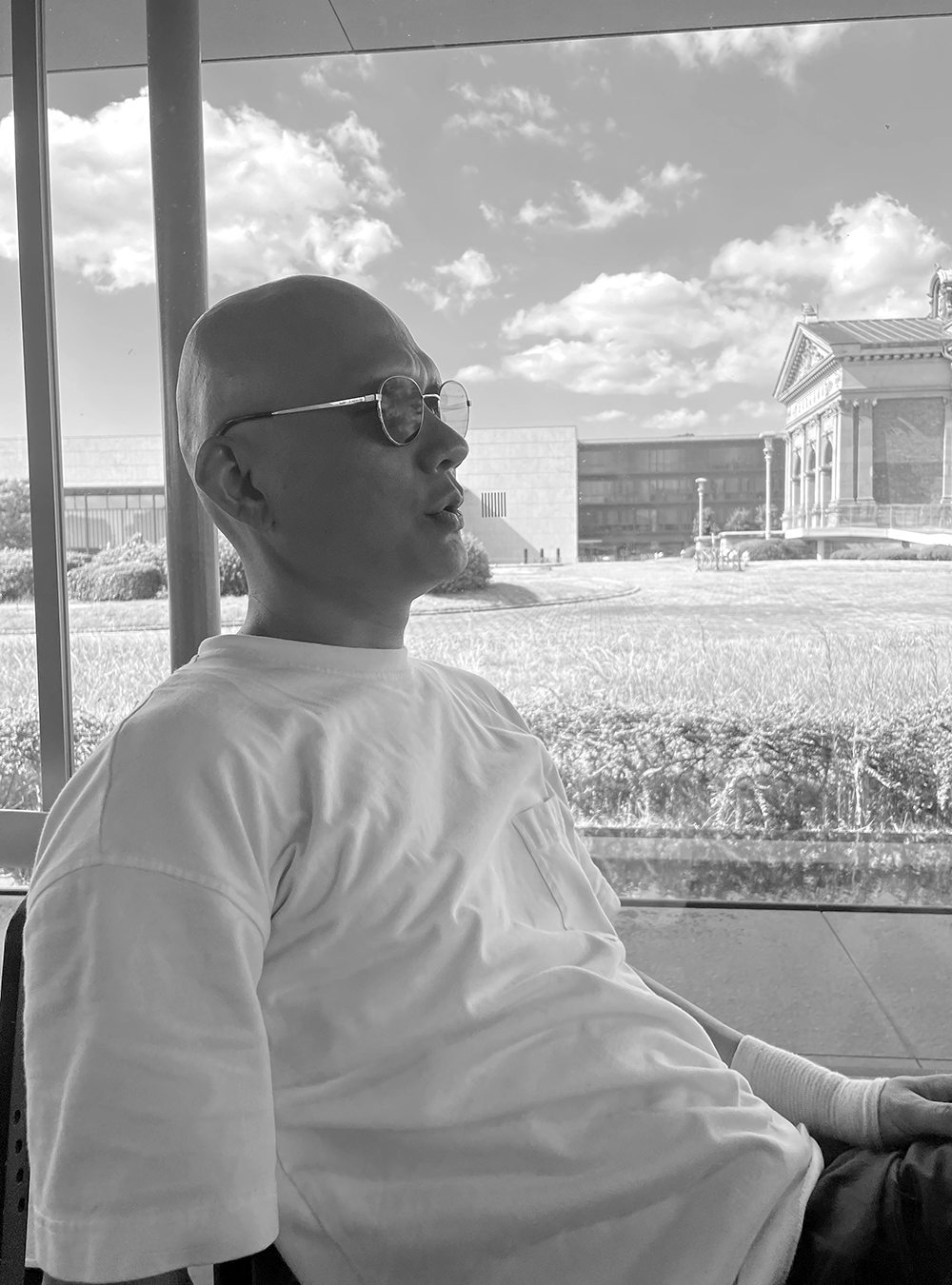
Supervisor: Dr Vicky Young
Title: Redrawing outlines: Emergence of Korean voices after the war, seen through their discontinued, incomplete, and lost outputs.
I am interested in how art practice first forms, particularly in the messy trials before coalescing into a stable expressive language. This often starts little and small—strokes of drawing, short writings, something like that. But I see complexity and explosiveness in these traces.
My research considers such a process by Koreans in Japan after the war. Though fragmentarily, they left for us zines, short stories, drawings, etc. There we can find early ideas and themes which later developed, and more crucially those that ceased. Lenses of diaspora and Zainichi will be deferred temporarily so that intellectual attempts can be made to read the material against the prejudice of history, and to fill material lacunas. It consists of several critical inquiries, most centrally into the ways in which their decolonial shots were fired, and how certain strategies came to be deployed. This research is interdisciplinary, and looks at what it calls a translative space—the matrix of their multifaceted practices at the border of Korea and Japan. The line shapes the conceptual motif, offering a polyvalent interpretive framework: it is itself a discrete area, and at once makes, connects, and divides a space.
James Harry Morris
Supervisor: Prof. Laura Moretti
Title: Medical Literature and Human-Animal Relationships in Early Modern Japan
Morris has been active in academia for several years having graduated from a PhD program in theology at the University of St Andrews in 2018. Hitherto his research has focused on the history of Abrahamic religions in Japan, Christian-Muslim relations, and the digital humanities. He now joins the Faculty of Asian and Middle Eastern Studies as a part-time MPhil student in order to explore a new passion—Edo period medical texts. The project "Medical Literature and Human-Animal Relationships in Early Modern Japan" explores what yōjō (Edo period health regimens) reveal about human relationships with non-human animals in pre-modern Japan.
Jamie Shepherd
Supervisor: Prof. Mickey Adolphson
Title: Codifying Culture: Economies of Artistic Knowledge in Muromachi Japan (1336-1573)
Jamie's research looks at the political significance of Japan's late medieval cultural renaissance. By analysing the processes through which novel cultural-artistic traditions such as tea ceremony, nō theatre and flower arranging came to be codified and professionalised, he hopes to shed light on how and why political actors sought to reconfigure the Japanese cultural landscape in this violent and politically tumultuous era.
Tianyi Wang
Supervisor: Prof. Laura Moretti
My research focuses on the representations of female yokai in the Edo period of Japan. I’m particularly interested in how these figures reflect cultural attitudes towards gender and the supernatural during this era.
